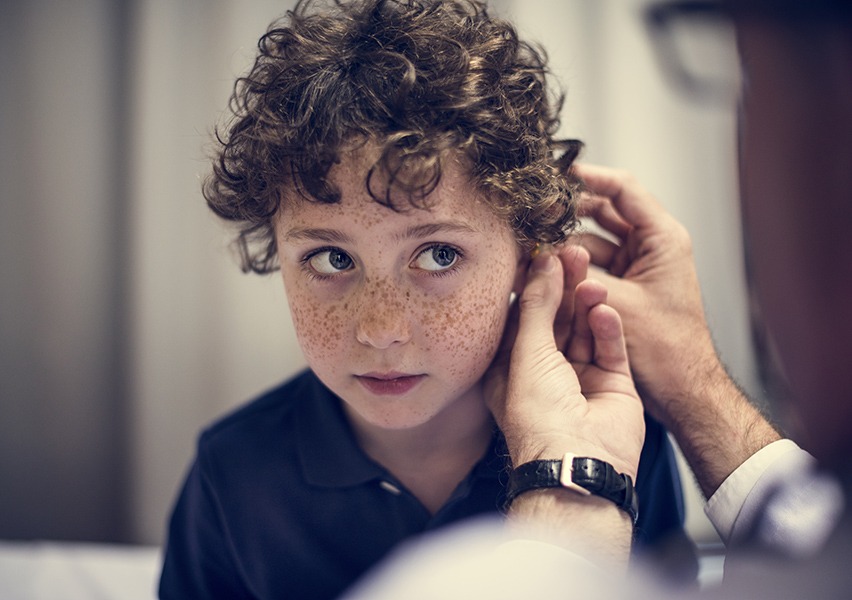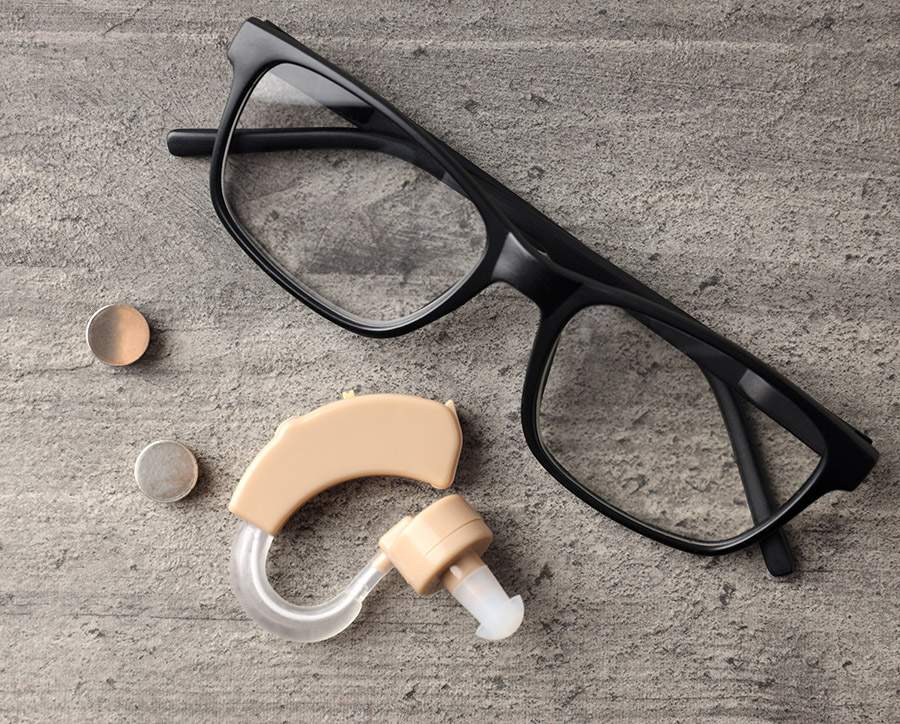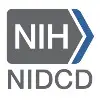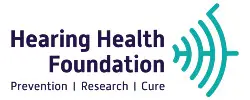Introduction
When we think of Otosclerosis, the first thing that comes to mind is often hearing loss. It’s a condition that affects the bones of the middle ear, limiting their movement and thereby reducing the transmission of sound. However, Otosclerosis can also be linked to several other conditions and symptoms that are equally important to understand for those caring for someone with this disease. In this blog post, we aim to shed light on some of these connections.
We delve into the potential correlation between Otosclerosis and Meniere’s disease, explore the relationship between Otosclerosis and tinnitus, and examine the link between Otosclerosis and dizziness. Further, we discuss whether Otosclerosis can lead to complete hearing loss and explore any potential link between Otosclerosis and migraines. By exploring these associations, we aim to equip caregivers with a broader understanding of Otosclerosis, paving the way for more holistic care.
Exploring the Link Between Otosclerosis and Meniere’s Disease
While Meniere’s disease and Otosclerosis are distinct conditions, some similarities and potential links warrant exploration. Meniere’s disease is characterized by episodes of vertigo, ringing in the ears (tinnitus), and hearing loss. Otosclerosis, on the other hand, primarily causes progressive hearing loss.
Interestingly, some studies suggest a potential connection between the two conditions. While the exact cause of Meniere’s disease is unknown, some researchers speculate that an abnormal immune response, triggered by conditions like Otosclerosis, might contribute to the development of Meniere’s disease. It’s important to note that this is still a developing area of research, and more studies are needed to confirm this link.
That said, if someone with Otosclerosis experiences symptoms like vertigo or sudden episodes of tinnitus, it may be worth discussing the possibility of Meniere’s disease with a healthcare provider. Early detection can lead to better management strategies and potentially slow the progression of the disease.
The Connection Between Otosclerosis and Tinnitus – What Research Says
Tinnitus, or the perception of noise or ringing in the ears, is a common symptom associated with Otosclerosis. Research suggests that as many as 75-85% of patients with Otosclerosis experience tinnitus. The exact cause of tinnitus in Otosclerosis is still not fully understood. However, the most accepted theory is that changes in the bone structure of the middle ear caused by Otosclerosis can stimulate nerve cells in a way that the brain interprets as sound.
Tinnitus associated with Otosclerosis is typically low-pitched and may be more noticeable in quiet environments. It can be a distressing symptom, significantly impacting the individual’s quality of life. However, with proper management strategies like cognitive-behavioral therapy, sound therapy, and hearing aids, it can be effectively managed.
QUIZ - CURRENT RESEARCH ON HEARING LOSS
Otosclerosis and Dizziness – Understanding the Correlation
Dizziness is not a common symptom of Otosclerosis but can occur in some cases. This symptom is usually caused by an involvement of the inner ear, where both hearing and balance are regulated.
The stapes bone, which is most often affected in Otosclerosis, is directly connected to the fluid-filled inner ear. If Otosclerosis impacts the stapes’ function, it could potentially interfere with the inner ear’s balance function, leading to episodes of dizziness or imbalance.
Although this is not common, it’s essential for caregivers to be aware of this possible symptom. Any changes in balance or sudden episodes
Can Otosclerosis Lead to Complete Hearing Loss?
Otosclerosis primarily affects the stapes bone in the middle ear, causing progressive conductive hearing loss. Over time, if untreated, it can lead to a mixed hearing loss, involving both the middle ear (conductive hearing loss) and the inner ear (sensorineural hearing loss).
While the progression of hearing loss varies from person to person, in severe cases, Otosclerosis can indeed lead to complete hearing loss. It’s important to note, however, that with early detection and appropriate treatment, such as hearing aids or surgery, this progression can be slowed or halted, and hearing can often be preserved.
Complete hearing loss is usually not an immediate outcome of Otosclerosis. It occurs over years or even decades, providing ample opportunities for intervention. Regular hearing assessments are vital to track the progression of hearing loss and adapt management strategies accordingly.
IncenSonic OTC Hearing Aids for Seniors and Adults
Introducing the revolutionary IncenSonic OTC Hearing Aids for Seniors and Adults. Experience the power of advanced technology combined with sleek, discreet design, all aimed at enhancing your hearing experience.
With the Receiver In Canal (RIC) technology, these professional-grade hearing aids deliver clear and full sound directly into your ear canal. Say goodbye to the frustrations of muffled sounds and enjoy the richness of 16-channel sound processing.
Our IncenSonic R20D1 OTC hearing aids offer all-day comfort and discretion. Their lightweight and behind-the-ear design ensure a comfortable fit that is barely visible to others. You can confidently wear them throughout the day without any discomfort.
No more hassle of buying batteries or frequent recharging. With the rechargeable feature, simply charge the hearing aids for 1 hour and enjoy up to 20 hours of continuous use. Say goodbye to the inconvenience of constant battery changes or daily recharging.
Experience the ultimate in noise and whistling cancellation. Our digital signal processing, combined with our unique hearing compensation algorithm, effectively reduces feedback noise, allowing you to focus on what truly matters – the sounds that surround you.
We are confident in the quality and performance of our IncenSonic OTC Hearing Aids. That’s why we offer a 100% satisfaction guarantee. If you’re not completely satisfied within the first 45 days, simply return them for a full refund. Your satisfaction and improved hearing experience are our top priorities.
Invest in your hearing and regain the joy of clear and amplified sound with IncenSonic OTC Hearing Aids for Seniors and Adults. Experience the perfect blend of cutting-edge technology, comfort, and satisfaction. Don’t let hearing loss hold you back any longer – take control of your hearing and enjoy life to the fullest.
Otosclerosis and Migraines – Is There a Link?
Migraines are severe headaches that can cause throbbing pain, sensitivity to light and sound, and nausea. While Otosclerosis does not directly cause migraines, some individuals with Otosclerosis report an increased incidence of migraines. Research in this area is still emerging, and any direct link between Otosclerosis and migraines remains to be fully established.
Some theories suggest that the stress and anxiety associated with hearing loss and other symptoms of Otosclerosis might trigger migraines in susceptible individuals. Additionally, some studies indicate that both Otosclerosis and migraines might share common genetic factors, which could explain the increased incidence of migraines in individuals with Otosclerosis.
While more research is needed in this area, caregivers should be aware of this potential association and monitor for symptoms of migraines, such as severe, one-sided headaches, sensitivity to light, and nausea. If migraines become a concern, it’s crucial to seek medical advice as effective treatments are available.
Conclusion
Understanding Otosclerosis goes beyond the scope of hearing loss. As caregivers, comprehending the potential connections between Otosclerosis and other conditions like Meniere’s disease, tinnitus, dizziness, complete hearing loss, and migraines can provide a more comprehensive view of the condition. This understanding allows for a more holistic approach to care, focusing not only on the ear but also on the overall well-being of the person.
Remember, while these links exist, not every individual with Otosclerosis will experience all these symptoms or related conditions. Each person’s journey with Otosclerosis is unique, and thus, the care provided should be personalized to their specific needs and experiences.
Otosclerosis is a complex condition with various effects on a person’s health. However, with knowledge, understanding, and the right strategies, you can help manage these impacts and support the person in your care to lead a fulfilling life.
In the end, caring for someone with Otosclerosis is not just about managing their hearing loss; it’s about understanding the whole person, acknowledging their experiences, and supporting them through their journey. It is this holistic approach that ultimately leads to the best outcomes and highest quality of life.

Walking in Their Shoes: A Closer Look at the Lives of Seniors with Otosclerosis
Introduction Otosclerosis, a hearing condition that primarily affects the bones in the

Unveiling Otosclerosis: Understanding Its Impact and Navigating Life
Introduction Imagine the orchestra of life gradually tuning down until the world






